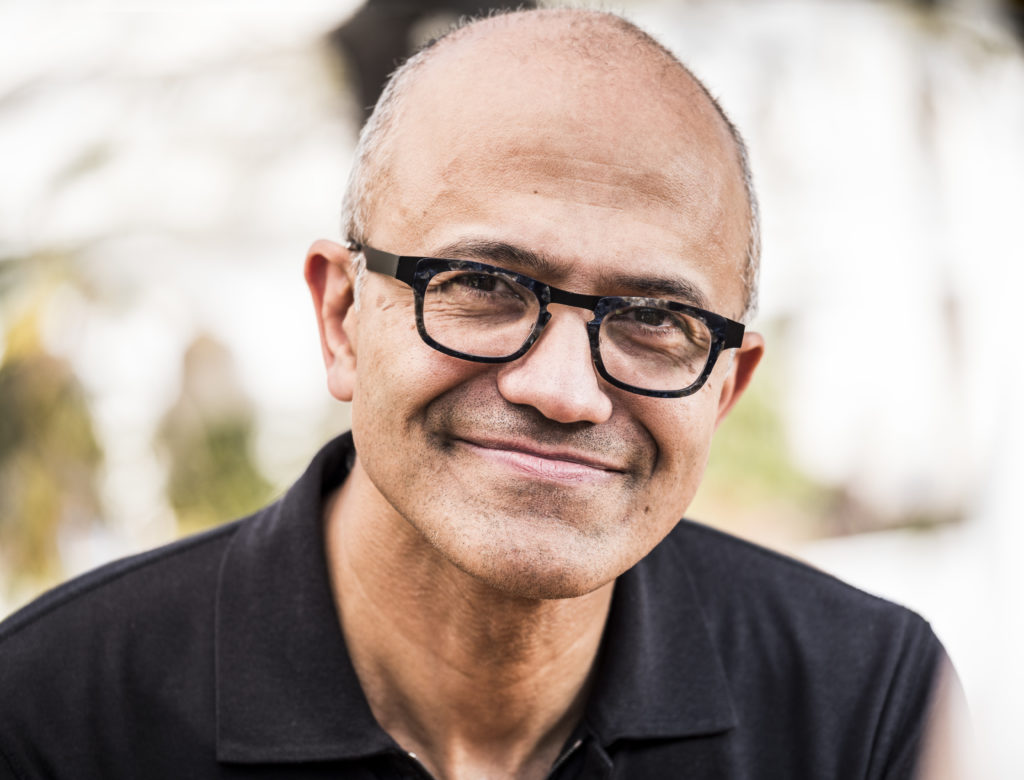Microsoft is reportedly looking to pull hundreds of its skilled workforce out of China, by offering them relocation to the United States and other countries.
The Wall Street Journal (WSJ) first reported on the relocation offer from Microsoft to about 700 to 800 of its AI and cloud engineers in China, amid growing tensions between Washington and Beijing.
The Biden administration has toughened export controls for China’s access to cutting-edge American technology, including AI chips. The US is also considering restricting China’s access to American AI models.

Relocation from China
Earlier this week the US had also announced the imposition of 100 percent tariffs on a range of Chinese-made products, including electric vehicles, semiconductors, and critical minerals.
To avoid the US restrictions, the WSJ has reported that Microsoft is asking hundreds of employees in its China-based cloud-computing and artificial-intelligence operations to consider transferring outside the country.
These staff are mostly engineers with Chinese nationality, and they have been recently offered the opportunity to transfer to countries including America, Ireland, Australia and New Zealand, people familiar with the matter told the WSJ.
It is reported that about 700 to 800 people were given the relocation offer, the bulk of which are involved in machine learning and other cloud-computing tasks, one of the people reportedly said.
The offers to move were made earlier this week and employees have until early June to make up their minds, a separate person familiar with the matter told the WSJ.
Workers can opt to stay in China however.
Microsoft confirmation
Staff were informed the relocation would help bolster Microsoft’s global ambitions in cloud computing and meet needs for AI engineers in a variety of places, the person reportedly said.
A Microsoft spokeswoman acknowledged to the Wall Street Journal that the company had shared an optional internal transfer opportunity with an unidentified subset of employees.
The spokesperson also said Microsoft remains committed to the region and China.
She however declined to comment on the reason behind the relocation offer.
China retreat
But it is fair to say that Microsoft has been retreating from China for a while now.
In November 2023 CEO Satya Nadella confirmed that Microsoft isn’t focused on China as a domestic market, but does do business with major Chinese companies operating outside the country.

Last year Microsoft’s LinkedIn stopped operating its InCareer jobs app for professional users in mainland China, citing “fierce competition and a challenging macroeconomic climate.”
The move came two years after Microsoft had shut down the localised version of its main LinkedIn app for users in China.
Microsoft does provide artificial intelligence services to Chinese electric vehicle maker Li Auto and consumer electronics company Xiaomi, among others.
And Microsoft still does have research operations in China.
Its research lab, Microsoft Research Asia, opened more than two decades ago and has large offices in Beijing and Shanghai. It is said to be Microsoft’s largest R&D centre outside of the United States, and is widely credited with cultivating some of China’s brightest AI and tech leaders.
The WSJ reported that Microsoft employs roughly 7,000 engineers at its Asia-Pacific R&D Group, with most of them based in China.
Microsoft reportedly says it will continue to operate in China, but it is facing challenges from local authorities.
The Chinese government is halting the use by government agencies and departments of Microsoft’s Windows operating system, as well as chips from the likes of AMD and Intel.
China had released its first home grown open-source desktop operating system, named OpenKylin, last year.
This came despite Microsoft developing a special version of its Windows 10 operating system for the Chinese government.





